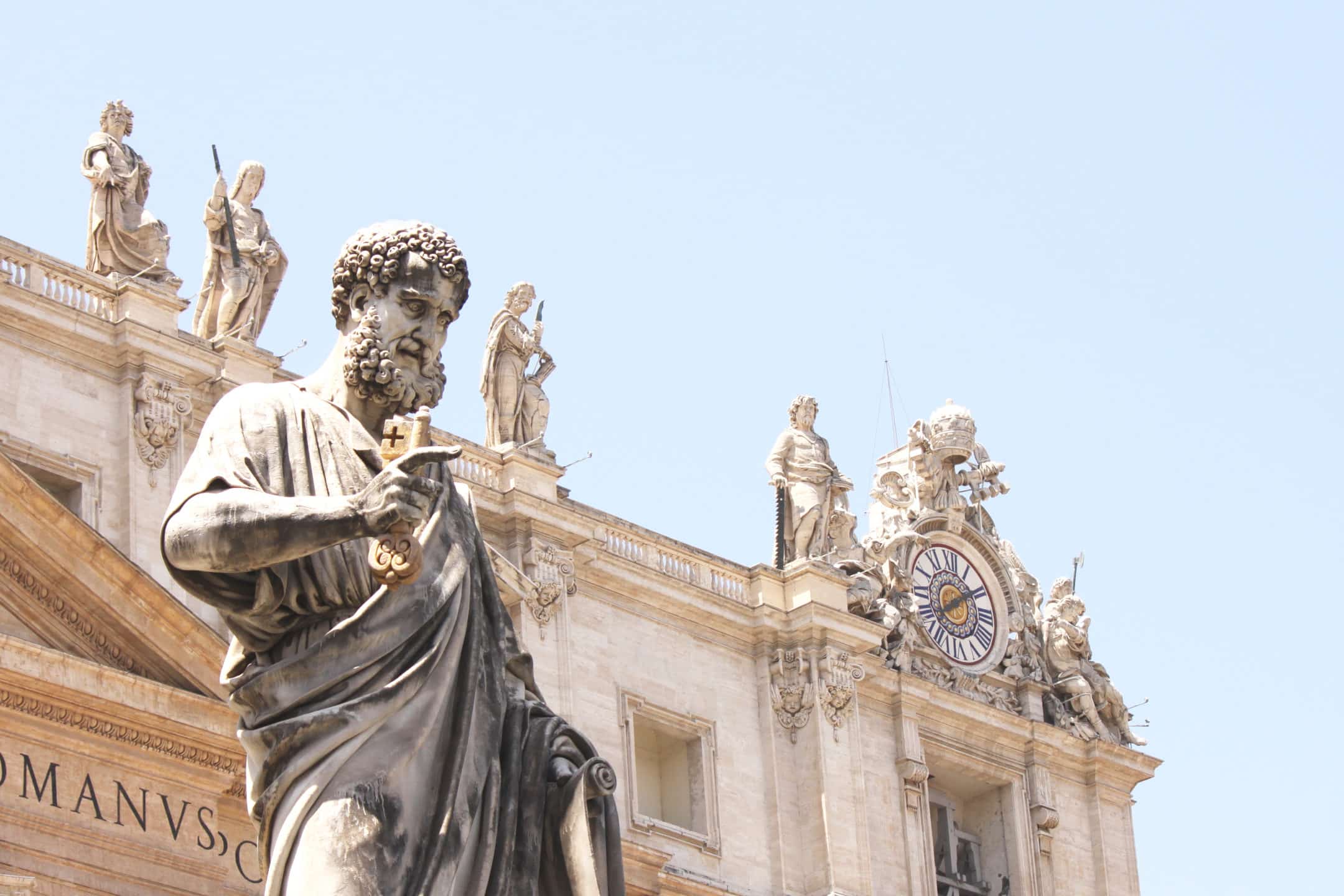We are approaching the 40th Anniversary of a unique event – the 1965 promulgation of Nostra Aetate, the Vatican II Declaration on the Relationship of the Church to Non-Christian Religions. There had been nothing like it in the history of the Catholic Church, clearly proclaiming that “The Catholic Church rejects nothing that is true and holy in these religions,” and mandating a change in our relationship with these faiths, especially with Judaism. I will be working with the American Jewish Committee, the Board of Rabbis, and other Jewish groups in commemorating the upcoming 40th Anniversary of this document in a significant way.
Since Nostra Aetate’s promulgation, important guidelines have been issued for its implementation. It might be well for us to reflect upon them prior to the anniversary.
On June 24, 1985, the Vatican Commission for Religious Relations with the Jews issued Notes on the Correct Way to Present the Jews and Judaism in Preaching and Catechesis of the Roman Catholic Church. That document, like its predecessor, Guidelines and Suggestions of Implementing the Conciliar Declaration “Nostra Aetate”(December 1, 1974) drew its inspiration from the Second Vatican Council and was intended to be an offering on the part of the Holy See to Catholics on how the Conciliar mandate can be properly fulfilled “in our time.”
Nostra Aetate decries anti-Semitism as contrary to the spirit of the Gospel: “In her rejection of every persecution against any person, the Church, mindful of the patrimony she shares with the Jews and moved not by political reasons but by the Gospel’s spiritual love, decries hatred, persecutions, and displays of anti-Semitism directed against the Jews at any time and by anyone.” Going a step further, the 1974 Guidelines more strongly condemn anti-Semitism, linking this condemnation to the Holocaust.
The accusation of deicide has for centuries plagued the Jewish people, creating a popular climate for hatred and serving as a favorite subject for passion plays and catechetical teaching. Nostra Aetae addresses this thorny issue: “True, Jewish authorities and those who followed their lead pressed for the death of Christ; still what happened in his passion cannot be charged against all the Jews, without distinction, then alive, nor against the Jews of today.”
A particularly useful and detailed discussion of the theological and historical principles involved in presentations of the passion narratives can be found in Criteria for the Evaluation of Dramatizations of the Passion issued by the Bishops’ Committee for Ecumenical and Interreligious Affairs in March 1988: “The overall aim of any depiction of the passion should be the unambiguous presentation of the doctrinal understanding of the event in the light of faith, that is, of the Church’s traditional interpretation of the meaning of Christ’s death for all humanity. Nosta Aetae states this central gospel truth quite clearly: ‘Christ in his boundless love freely underwent his passion and death because of the sins of all, so that all might attain salvation’. Therefore, any presentations that explicitly or implicitly seek to shift responsibility from human sin onto this or that historical group, such as the Jews, can only be said to obscure a core gospel truth.”
This message is reiterated in God’s Mercy Endures Forever: Guidelines on the Presentation of Jews and Judaism in Catholic Peaching, published in 1989 by the Bishops’ Committee on the Liturgy: “The message of the liturgy in proclaiming the passion narratives in full is to enable the assembly to see vividly the love of Christ for each person, despite their sins, a love that even death could not vanquish…..To the extent that Christians over the centuries made Jews the scapegoat for Christ’s death, they drew themselves away from the paschal mystery. For it is only by dying to one’s sins that we can hope to rise with Christ to a new life.”
These guidelines provide an excellent means of educating all of us as we once again anticipate the season of Christ’s Passion and Death. They denounce an accusation that has provoked contempt for Judaism and persecutions of the Jewish people for centuries. Their implementation will enable all of us to celebrate the anniversary of Nostra Atetae more fully and enhance the historically positive relationship the Jewish and Catholic communities have enjoyed in Los Angeles over the past forty years.
